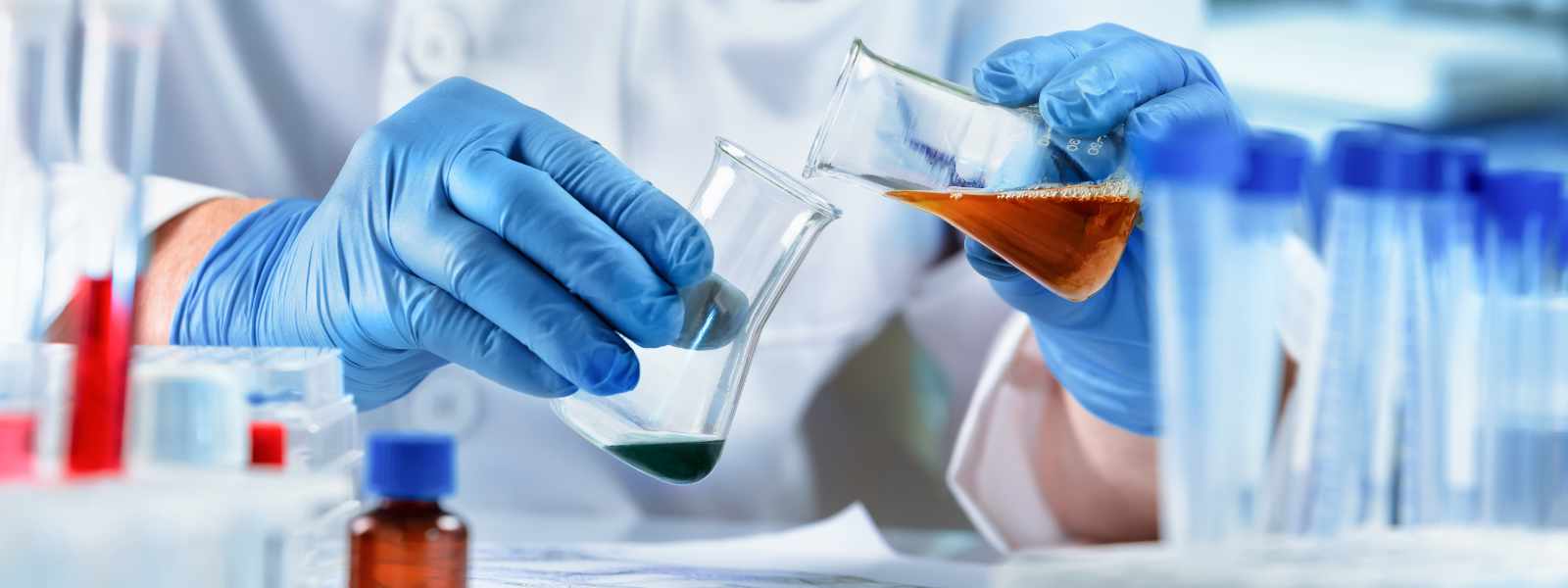
A University of Strathclyde academic has been named a winner of a 2025 Philip Leverhulme Prize, awarded by the Leverhulme Trust to recognise the achievements of outstanding researchers.
Dr Rebecca Beveridge, of the Department of Pure and Applied Chemistry, was honoured for her pioneering work in biomolecular mass spectrometry. Dr Beveridge has led advances in developing new cancer treatments by finding innovative ways to study specific proteins linked to the disease, which are hard to analyse because they constantly change shape.
The researcher, who is one of just 30 across the UK to receive the award this year, said: “I’m delighted that our work has been recognised with this prestigious award.
This recognition reflects the creativity, hard work, and dedication of my team, who are an outstanding group of people to work with.

The prizes are awarded annually to researchers whose work has attracted international recognition and whose careers are considered exceptionally promising.
Each recipient is awarded £100,000 to support their research, which can be used for any purpose that furthers their academic work.
Professor Anna Vignoles, Director of the Leverhulme Trust, said: “We continue our centenary celebrations with the announcement of this year’s prize winners. The Trust is delighted to support them through the next stage of their careers.
“The breadth of topics covered by their research is impressive, from landscape archaeology to biomolecular mass spectrometry, applied microeconomics to adaptable wearable robotics, and pyrogeography to critical applied linguistics.
“Selecting the winners becomes increasingly challenging year-on-year due to the extraordinarily high calibre of those nominated. We are immensely grateful to the reviewers and panel members who help us in our decision-making.”
Scientific breakthroughs
Professor Duncan Graham, Associate Principal and Executive Dean of Science at Strathclyde, said: “Rebecca has consistently demonstrated internationally leading research excellence, and this recognition is a fitting testament to the quality, creativity, and impact of her scientific breakthroughs.
The University is immensely proud to see her achievements gain this level of distinction and we remain fully committed to supporting Rebecca as she continues to advance her pioneering work and inspire the next generation of researchers.
Now in its twenty-fourth year, the Philip Leverhulme prize scheme commemorates the contribution of Philip, Third Viscount Leverhulme, to the work of the Leverhulme Trust. Five prizes are awarded annually in each of six subject areas. This year's areas were: Archaeology, Chemistry, Economics, Engineering, Geography, and Languages and Literature.